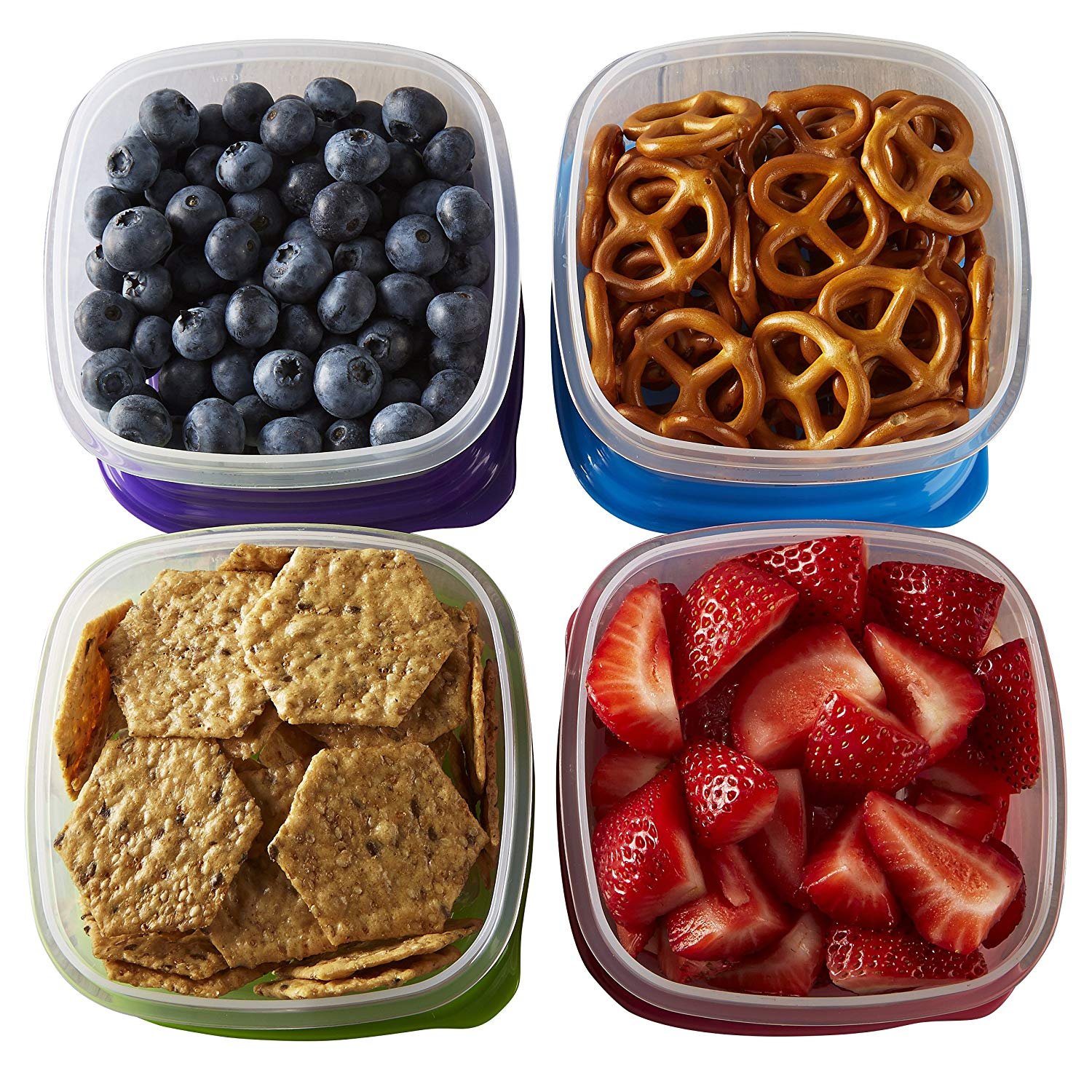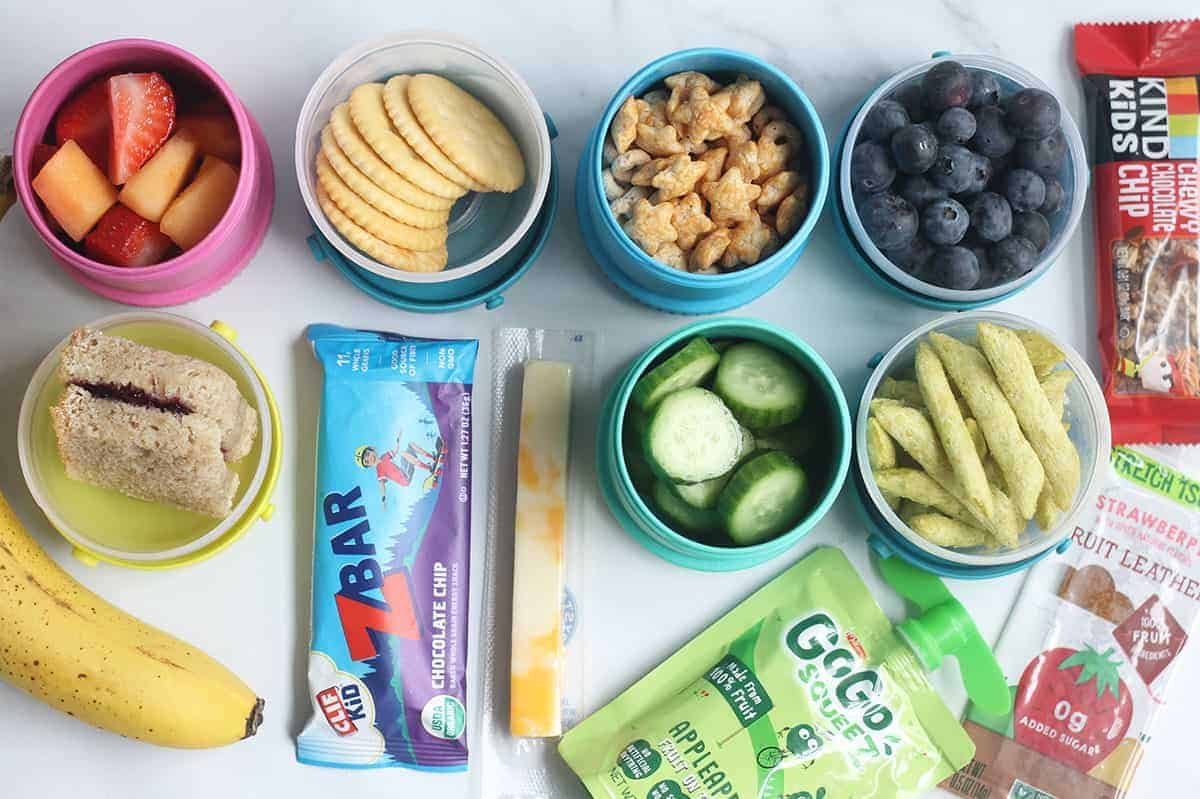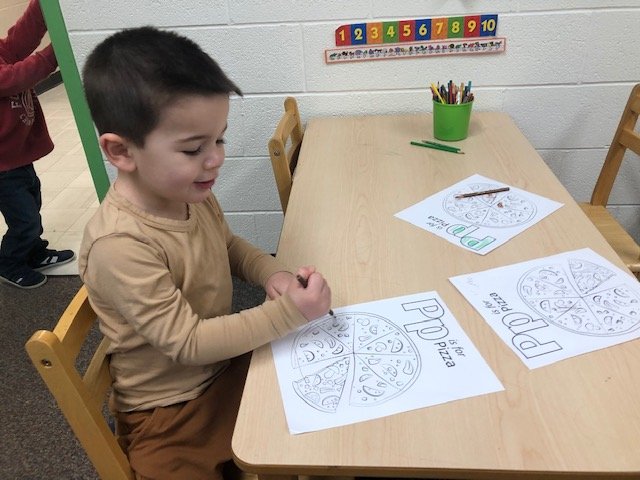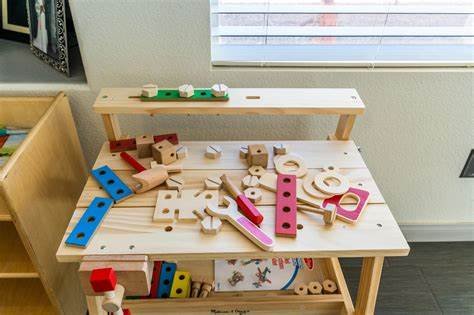As your little one begins preschool, it’s essential to ensure they have the right nutrients to fuel their growing bodies and minds. Healthy lunches and snacks are crucial for maintaining energy levels, supporting cognitive function, and promoting overall well-being. With the right balance of protein, healthy fats, and complex carbohydrates, you can create meals that will keep your child full and satisfied throughout the school day.
Here are some simple and healthy lunch and snack ideas to help you get started!
1. Balanced Lunch Ideas
A preschooler’s lunch should be a well-rounded combination of protein, fruits, vegetables, grains, and healthy fats. These nutrients are essential for supporting your child’s physical and cognitive development.
Turkey and Cheese Roll-Ups
A simple, protein-packed lunch option is turkey and cheese roll-ups. Roll a slice of turkey around a piece of cheese and serve it with whole-grain crackers and some cucumber or carrot sticks. This meal provides a good amount of protein, calcium, and fiber.
Veggie and Hummus Wraps
For a vegetarian option, try veggie and hummus wraps. Spread hummus on a whole-grain tortilla and add sliced veggies like bell peppers, cucumbers, and spinach. You can also include some avocado for healthy fats. This wrap is rich in vitamins, minerals, and healthy fiber.
Chicken Salad
Chicken salad can be a great source of protein and can be customized with your child’s favorite veggies. You can use plain Greek yogurt or a light mayo as the base and add in some celery, carrots, and grapes for crunch and sweetness. Serve it in a whole-wheat pita or with whole-grain crackers.
Quinoa and Veggie Bowl
For a more filling meal, try a quinoa and veggie bowl. Cook some quinoa and mix it with roasted or steamed veggies like sweet potatoes, broccoli, and peas. Add some grilled chicken or tofu for extra protein. This meal is a good source of fiber, vitamins, and plant-based proteins.
2. Healthy Snack Ideas
Preschoolers need healthy snacks to keep them energized and focused throughout the day. Choose snacks that are rich in nutrients and low in added sugars to support your child’s growth and development.
Fruit Kabobs
Make snack time fun with fruit kabobs! Cut up fresh fruits like strawberries, grapes, melon, and pineapple, and skewer them onto wooden sticks. You can pair the fruit with a small serving of yogurt for dipping to add protein and calcium to the snack.
Apple Slices with Nut Butter
Apple slices with nut butter (like almond or peanut butter) are an easy and nutritious snack. The fruit provides fiber and vitamins, while the nut butter offers healthy fats and protein. Just be sure to choose natural, unsweetened nut butter to keep it healthy.
Veggie Sticks with Guacamole or Hummus
Sliced veggies such as carrots, cucumber, and bell peppers are a great snack option for preschoolers. Pair them with a small serving of guacamole or hummus for dipping. These snacks are rich in vitamins, minerals, and fiber, making them a great choice for growing kids.
Homemade Granola Bars
Homemade granola bars are a wonderful snack option because you can control the ingredients. Use oats, honey, nut butter, and dried fruit to make a tasty, nutritious snack. You can also add seeds like chia or sunflower seeds for an extra nutritional boost.
3. Hydration is Key
It’s important to keep your preschooler hydrated throughout the day. Water should be their main beverage, as sugary drinks like soda or juice can contribute to unhealthy weight gain and tooth decay. Encourage your child to drink water regularly, especially before and after meals, and consider offering water with a slice of lemon or cucumber for a bit of flavor.
If your child enjoys milk, aim for low-fat or non-fat milk for the calcium and vitamin D benefits, which are essential for bone health. You can also opt for dairy-free alternatives like almond or soy milk if your child has dietary restrictions.

4. Pack Foods Your Child Enjoys
When packing your child’s lunch or snacks, it’s important to keep their preferences in mind. If your child doesn’t enjoy certain foods, they’re less likely to eat them. Get your child involved in choosing their meals by letting them help with grocery shopping or packing their lunch. This can help make meal times more enjoyable for them.
It’s also a good idea to offer a variety of foods so your child doesn’t get bored with the same meals every day. Try rotating different fruits, vegetables, and protein sources to keep things exciting and give your child a wide range of nutrients.
5. Portion Control
Preschoolers have small appetites, so it’s important to serve appropriate portion sizes. Offering small, balanced meals throughout the day will help ensure your child isn’t overwhelmed by too much food at once. If your child doesn’t finish everything in their lunch box, that’s okay! Offer smaller portions and let them ask for more if they’re still hungry.
Conclusion
Feeding your preschooler a balanced diet is crucial for their health and development. By including a variety of nutrient-rich foods in their lunches and snacks, you can support their energy levels, growth, and cognitive function. With a little creativity and planning, healthy meals can also be fun and exciting for your child. Keep their tastes and preferences in mind, and don’t forget to make mealtime an enjoyable experience!










